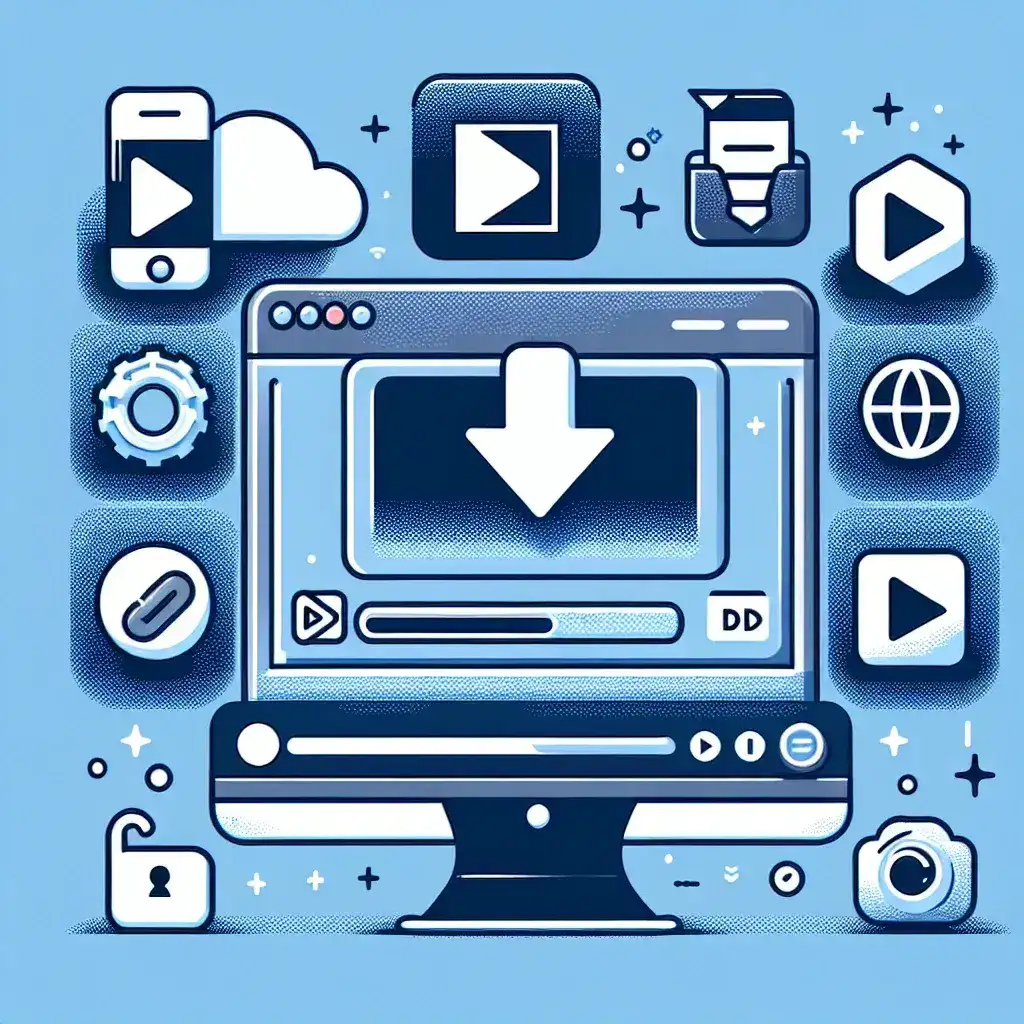In an age where our lives are increasingly digital, ensuring the safety of your online presence is essential. From financial information to personal data, everything is vulnerable to cyber threats if left unprotected. Implementing robust security measures can safeguard your digital footprint and offer peace of mind. This lifehack covers essential steps to help you secure your digital life effectively.
Strengthen Your Password Practices

Strong, unique passwords are the foundation of digital security. Avoid using common passwords or reusing the same ones across multiple accounts. Instead, create complex combinations of letters, numbers, and symbols.
Consider using a password manager like Dashlane, 1Password, or LastPass to generate and securely store your passwords. These tools also help auto-fill credentials, reducing the temptation to use weak or repetitive passwords. For added security, enable multi-factor authentication (MFA) on your accounts. This step requires a second verification method, such as a text code or fingerprint, making unauthorized access significantly more challenging.
Keep Software and Devices Updated
Outdated software is a prime target for cybercriminals. Regular updates not only introduce new features but also patch security vulnerabilities. Ensure your operating system, apps, and antivirus programs are always up to date.
Enable automatic updates wherever possible to avoid manual checks. If you use multiple devices, such as laptops, smartphones, and tablets, ensure all are updated consistently. For IoT devices like smart cameras or thermostats, verify that they receive firmware updates from the manufacturer to prevent potential breaches.
Use Secure Networks
Public Wi-Fi networks, while convenient, are notoriously insecure. Hackers can easily intercept data transmitted over open networks. Always connect to a trusted and secure Wi-Fi network, especially when accessing sensitive information like banking or email accounts.
A Virtual Private Network (VPN) is an excellent tool for enhancing network security. VPNs encrypt your internet connection, masking your online activities from potential eavesdroppers. Top-rated VPN services like NordVPN and ExpressVPN are user-friendly and provide robust privacy features.
Protect Your Personal Information
Be cautious about sharing personal information online. Cybercriminals can use seemingly harmless data, such as your birthdate or address, to commit identity theft or spear-phishing attacks.
Review privacy settings on social media platforms and limit the visibility of your posts and profile details. Additionally, consider using identity theft protection services like LifeLock or IdentityForce to monitor your personal information and alert you to suspicious activity.
Backup Your Data
Data loss can occur due to hardware failures, accidental deletions, or ransomware attacks. Regularly backing up your data ensures that you can recover important files in such scenarios.
Use both cloud-based solutions and external hard drives for redundancy. Services like Google Drive, Dropbox, and OneDrive offer automated backups for convenience. Ensure your backups are encrypted to protect them from unauthorized access.
Stay Vigilant Against Phishing
Phishing scams remain a leading cause of data breaches. Cybercriminals use fake emails, messages, or websites to trick you into sharing sensitive information like passwords or credit card details.
Always verify the source of any message requesting personal information. Hover over links to check their legitimacy before clicking, and avoid downloading attachments from unknown senders. Many email providers, such as Gmail and Outlook, offer built-in phishing protection, so enable these features for added safety.
Enable Device Security Features

Modern devices come equipped with security features like biometric authentication, screen locks, and remote wipe capabilities. Use these features to secure your devices against theft or unauthorized access.
Encrypt your devices to ensure that, even if stolen, the data remains inaccessible without the proper credentials. For laptops and PCs, tools like BitLocker (Windows) or FileVault (Mac) are excellent for encrypting sensitive data.
Securing your digital life requires a proactive approach. By adopting strong passwords, updating software, using secure networks, and staying alert against cyber threats, you can protect your personal and professional information. Prioritize your online safety and make security an integral part of your daily routine. In today’s connected world, a little vigilance goes a long way in keeping your digital life secure.






Leave a Reply